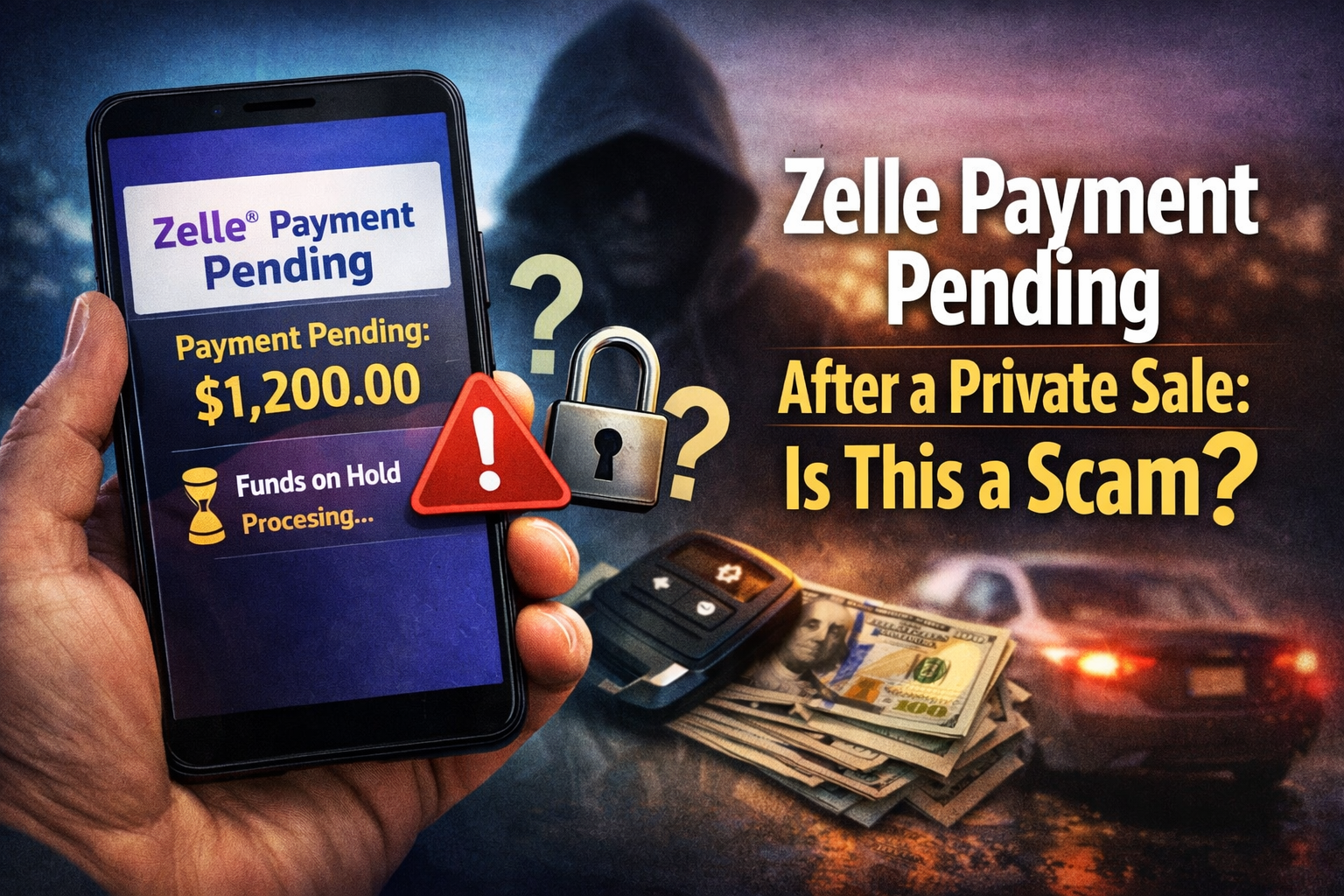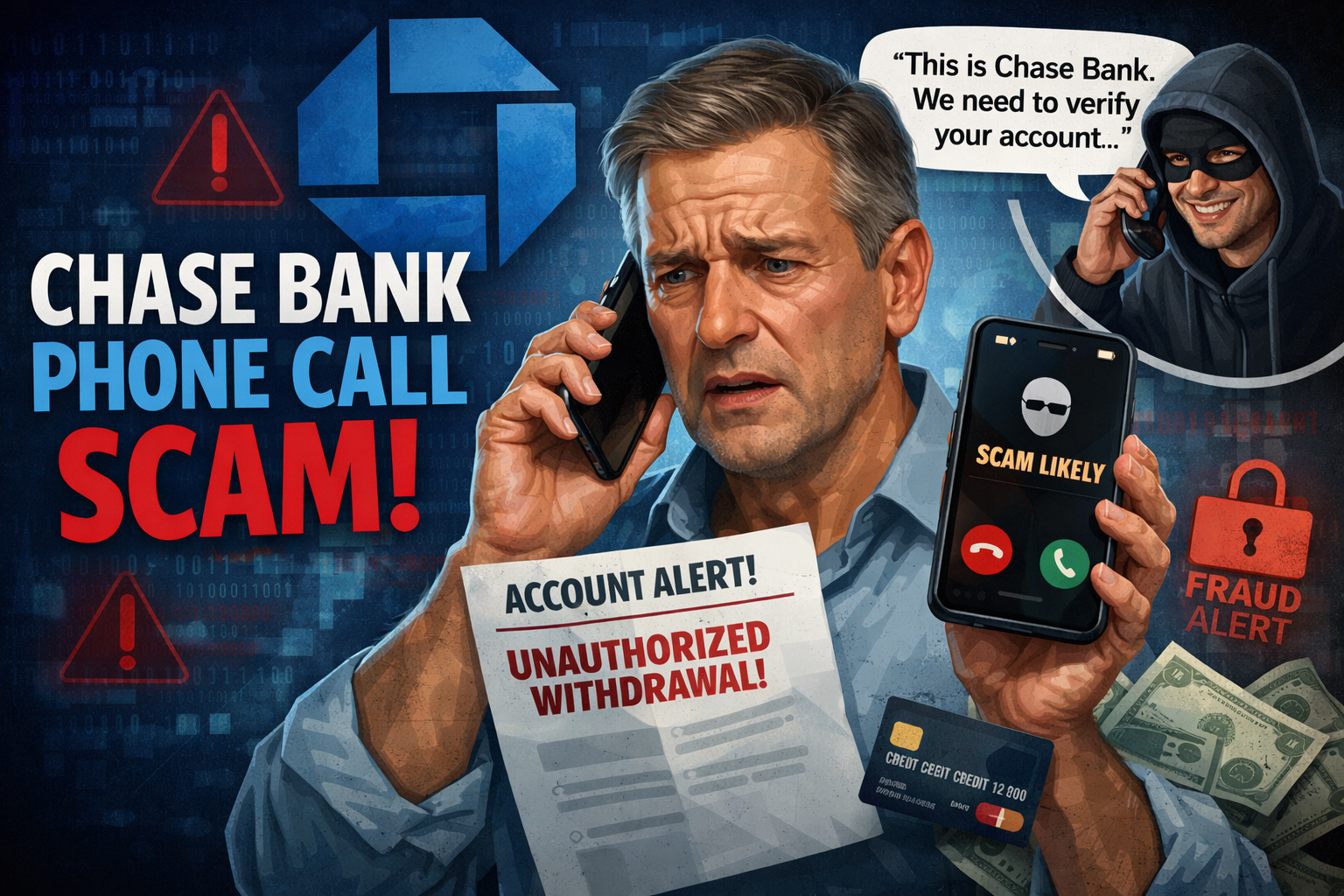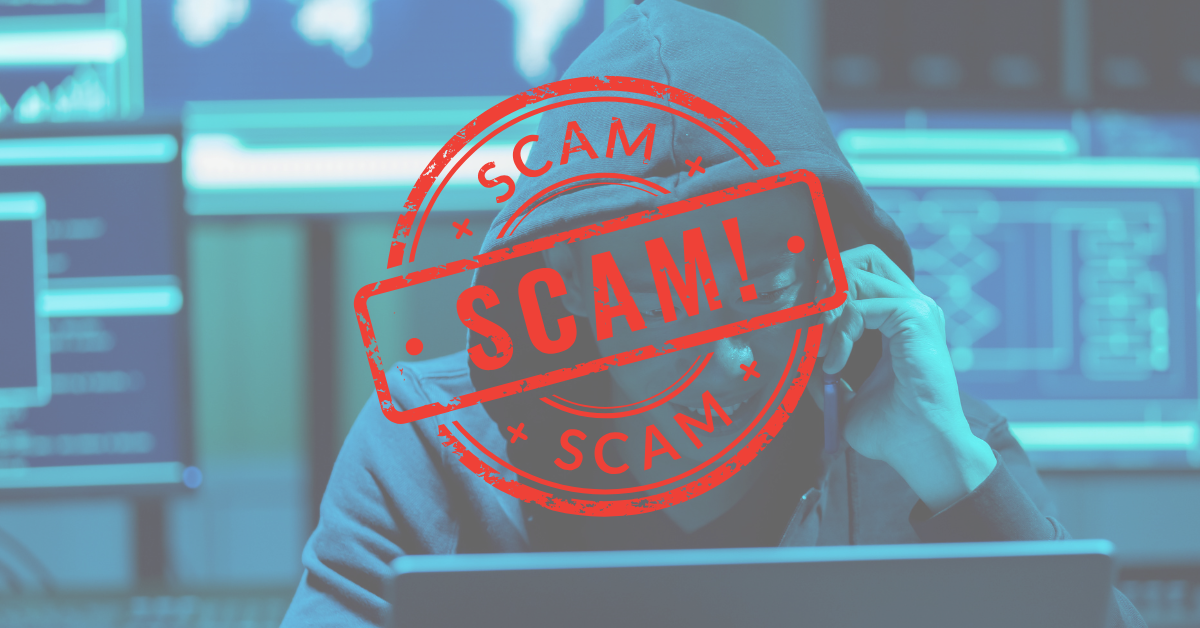Email fraud has increased to become among the most common methods through which cyber criminals trick people into revealing their personal information, money, or identity. The scammers continue to evolve their methods, and therefore, it is crucial to remain updated on recent scams via emails and learn how to report spam emails in order to prevent more harm.
1. The Rise of Romance Scammer Emails
The most emotionally manipulative form of scams at present is in the form of romance scammer emails. The scammers meet their victims on the internet through dating websites or social networks and then switch the communication to email. They create personal crises or emergency situations after they have been able to establish some level of trust and then demand money.
Victims send money believing they’re helping someone they love. They’re actually being exploited by the individual behind a fabricated identity. Scammers have become increasingly sophisticated with romance scams, using real photos stolen from social media and sophisticated fake backstories.
Tip: Never pay someone you’ve never met in person, no matter how convincing their story is.
2. Fake Invoice and Business Email Compromise (BEC)
In business environments, attackers now send fake invoices or impersonate CEOs and managers to request urgent transfers. Known as Business Email Compromise (BEC), these emails often appear legitimate and can result in huge financial losses for companies.
These messages usually come with high urgency and phrases like “process this payment now” or “we’re closing the deal.” Often, attackers study the email patterns of employees to mimic real conversations.
Tip: Double-check email addresses and approve the request for payment by phone call prior to taking action upon it.
3. Phishing Emails Presenting Themselves as Security Alerts
One other new tactic is that of sending fake security notification messages informing you that your account has been hijacked. The messages appear to come from legit organizations like Google, Apple, or PayPal. Once you click on the link, it leads to a fake login page that will steal your login information.
Tip: Never click suspicious links. Jump straight to the website and log in securely.
4. Lottery and Prize Scams
These classic hoaxes tell you that you’ve won a large prize or a lottery. They tell you to pay a tax or a processing fee to receive it. No legitimate lottery will ever ask you to pay for your win.
Tip: If you didn’t play a lottery, you sure didn’t win a lottery.
How to Report Scam Emails
If you suspect that you’re being phished, don’t immediately delete the email. Prior to that, report phishing emails to the respective authorities, i.e.:
- Your emailing service provider (e.g., Gmail, Yahoo)
- Cybercrime units or nearby police
- Web portals like FTC.gov (USA) or cybercrime.gov.in (India)
Final Thoughts
Scam emails are not just annoyances- they are life and money wreckers. From romance scammer emails to business scams, the risk is present and greater than ever. Knowing how to report scam emails and being able to recognize what scam emails look like can help you stay safe and help bring down fraud rings.
Think You’ve Been Scammed?
Don’t wait. Visit ScamsReport.net – your trusted scam recovery platform. Whether it’s a romance scammer email or financial fraud, we help victims track, report, and recover. Report scammers’ email addresses and get expert support today!






